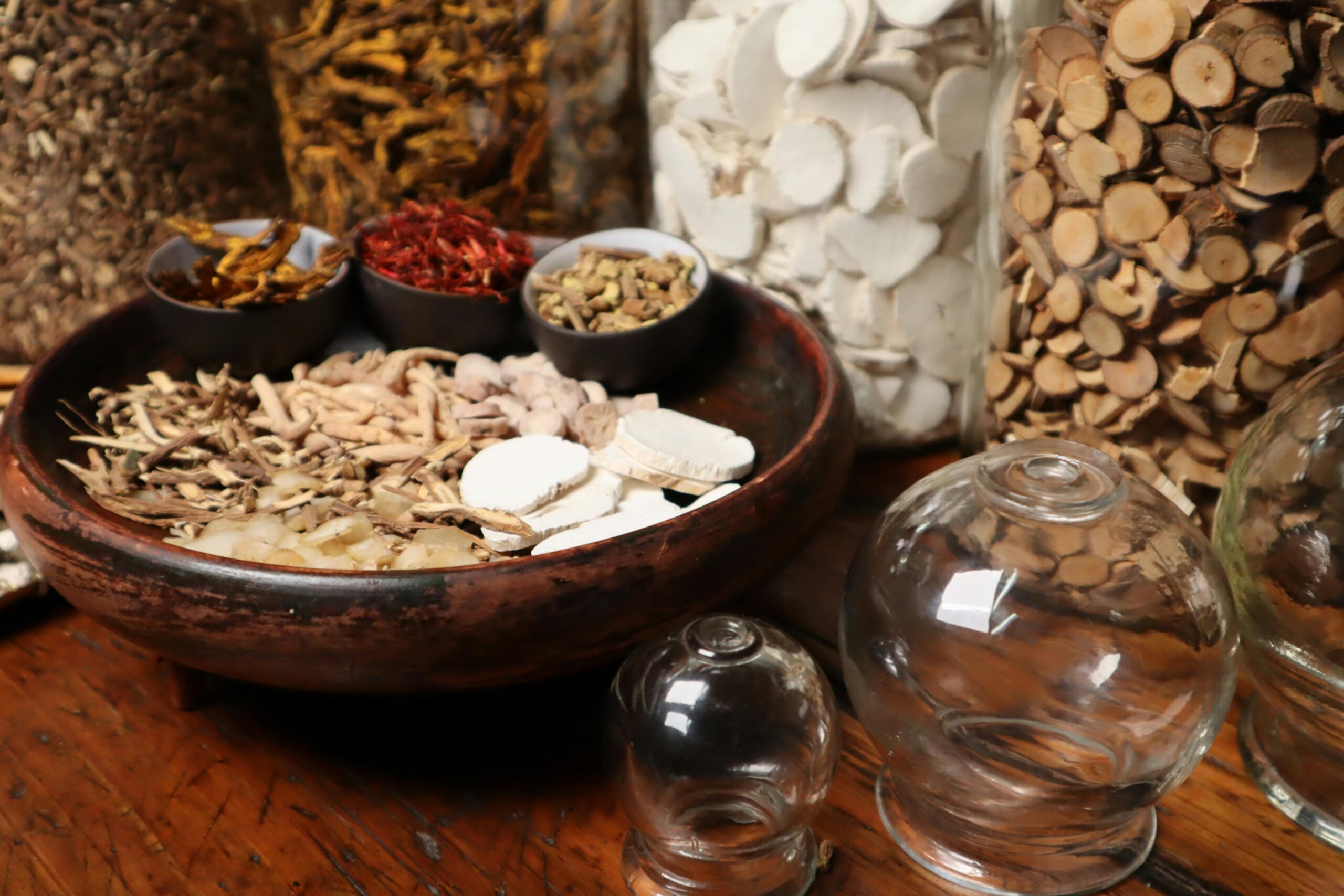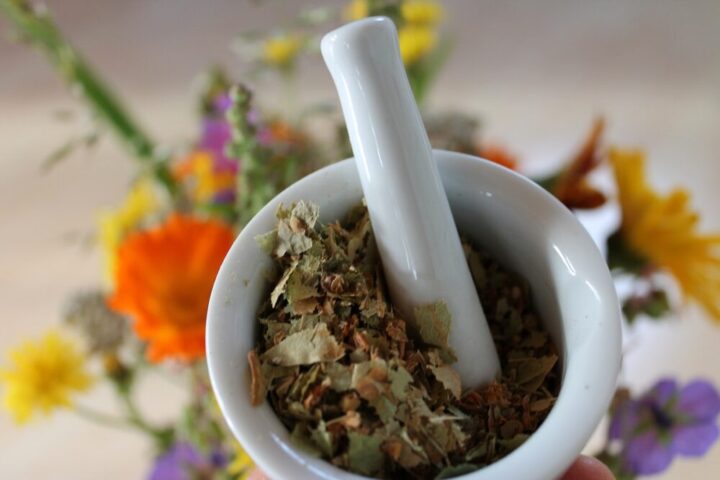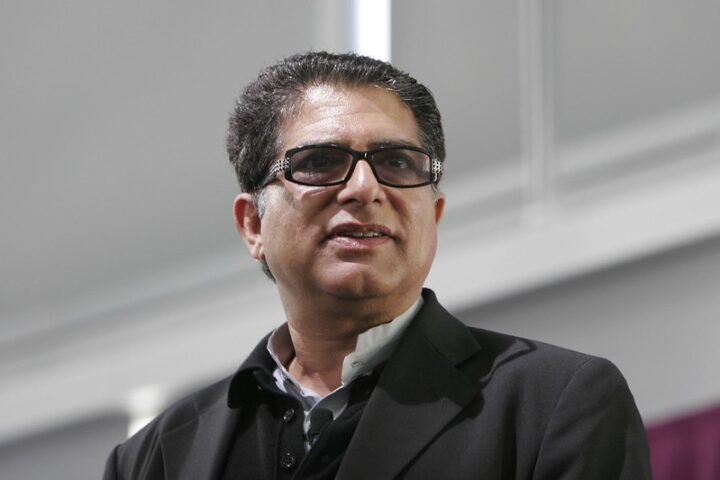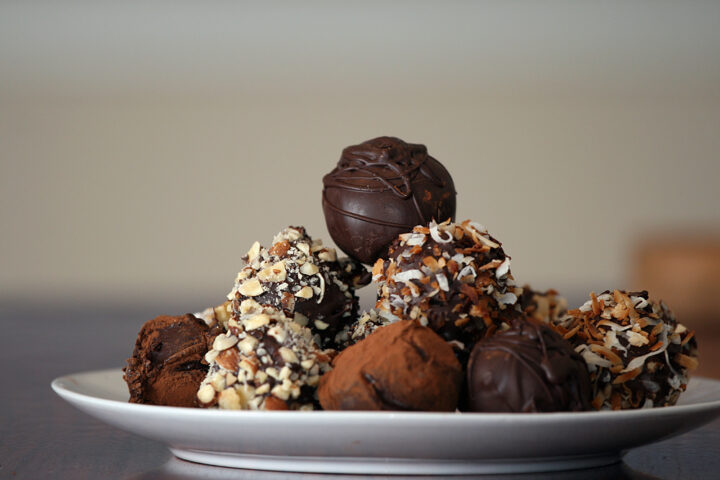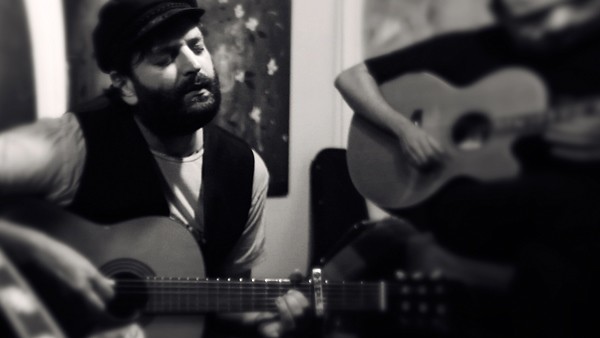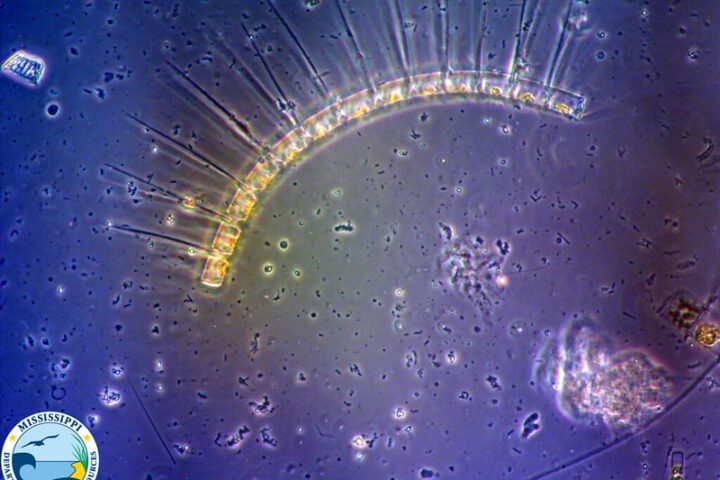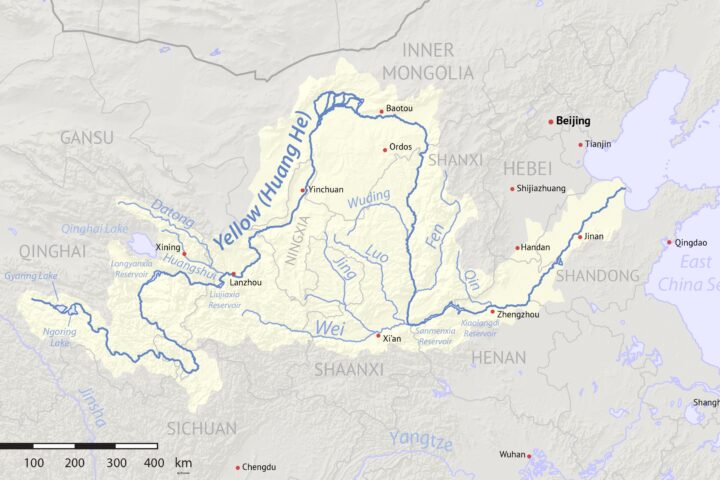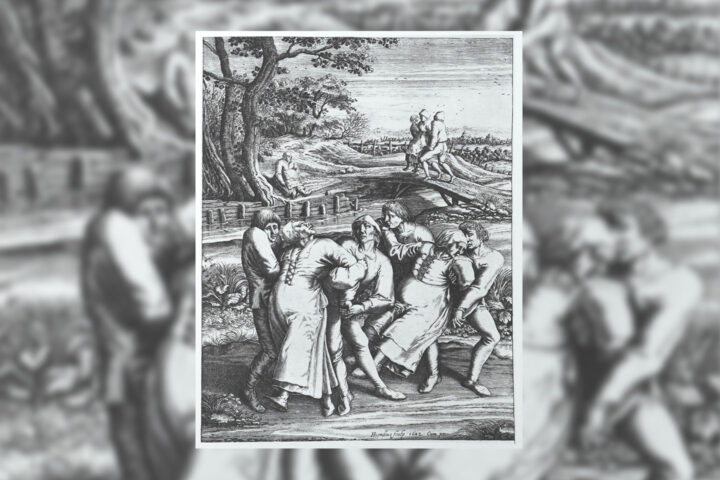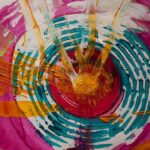Get to know about some of the most famous and effective methods of Alternative Medicine. Understand how they work out for the health of the practicing individual.
Alternative medicine might not be as credible as Modern Medicine but still encompasses a wide range of healing practices which are still practiced by a lot of people. Most of this fall outside the realm of Western Medicine and are ancient, cultural traditions honed over centuries with practice and experience.
These methods place utmost importance on the overall holistic health and the body’s natural ability to heal. This works out for a lot of people who want to get involved more personalized health experiences. So, if you ever try to delve deeper into the world of alternative medicine, know that there are many methods you can explore.
Acupuncture

Source: https://www.phyworld.in/how-do-you-know-acupuncture/
Ancient China ‘s medicine, acupuncture, involves pricking specific points on the skin with needles as a method of treating various conditions. Over 2,500 years have seen this technique be refined and can provide patients with some relief from allergies, migraines, sleeplessness among others. Acupuncture, although it is thousands of years old still has to be considered as an ancient system of pain management; it is now believed to be a non-invasive therapeutic modality.
Although thousands of studies support acupuncture today, its basis lay in Chinese philosophy and not modern science. The practice operates under the assumption that there is “qi” (pronounced chee) which cannot be seen but flows throughout our bodies. Good health is when qi circulates properly reaching all parts of the body required for physical as well as mental wellness following this concept.
An actual acupuncture session will go on for around 60 to 90 minutes where 30 to 40 minutes are spent on treatment while the rest is spent on actual discussion and diagnosing.
Aromatherapy

Source: https://picryl.com/media/essential-oils-aromatherapy-spa-health-medical-bf806c
Aromatherapy, also referred to as essential oil therapy incorporates a variety of traditional, alternative and complementary approaches based on the application of essential oils and other aromatic plant extracts. For about 6000 years, these oils have been used to better one’s health and uplift the spirits. As per National Association for Holistic Aromatherapy (NAHA), aromatherapy is defined as “the therapeutic use or the medicinal employment of aromatic substances (essential oils) for holistic healing.” However, it is important that even “natural” products are chemicals and improper use can be risky. Thus, in order to ensure safety and effectiveness, a healthcare professional should be consulted before using essential oils.
You can start aromatherapy by using oils in two ways. First is inhalation
Chinese Medicine
Over thousands of years Traditional Chinese Medicine (TCM) has developed into an all-encompassing approach to health and wellness. This includes such techniques as acupuncture, tai chi, herbal medicine among others applied by TCM practitioners in addressing various health problems both psychological and physical.
Homeopathy

Source: https://commons.wikimedia.org/wiki/File:Homeopathy-2.jpg
Homeopathy, or homeopathic medicine, is one of the medical systems which emerged about two centuries ago in Germany. It rests upon two principles:
1. “Similia Similibus Curantur”: This principle states that an individual suffering from a certain disease can take any substance that can result in the same disease for successful treatment.
2. “Correction of symptoms with minimum overall dose”: This principle maintains that a finer dose of a medication will enhance its results rather than the inverse. In actuality, many medications utilized in homeopathy are so extreme that no molecules of the active ingredient should remain.
Still, it is worth mentioning, that according to the 2012 NHIS, which attempted to study some domains of health practices in the USA that utilize various forms of allopathy including complementary medicine, nearly 5 million of adults and 1 million of children resorted to the homeopathy practice over the last year. It is significant that while about 1.8 percent of children took homeopathy medicines, only 0.2 percent managed to visit homeopathy practitioners.
Homeopathy is still one of those subjects that have a controversy because many of the principles on which the system is built do not coincide with what is known in science.
Hypnotherapy
Hypnotherapy is a type of mind-body approach which employs hypnosis—a state of consciousness wherein one is very focused and the unity with the environment lessens while suggestibility increases – in the treatment of various problems like chronic pain, obesity and bedwetting and to alleviate the consequences of cancer therapies.
As noted by Pulman, hypnotherapy may help some people cope with both bodily and psychological impediments. At present, while researchers are still determining how hypnosis works in treating pain, it is suggested that hypnosis involves the framework and interaction of physiological, psychological and socio-cultural aspects. Some potential factors that can enhance the effectiveness of the hypnotherapy treatment are the client’s elevated level of theta brainwaves (these four waves are believed to play key roles in learning and are experienced in sleep, dream and deep relaxation states), client’s enthusiasm, the therapist-client bond, and client’s preconceived notions of what the therapy entails.
Meditation

Source: https://www.flickr.com/photos/83905817@N08/7676623576
Meditation is defined as a set of mental compositions in which one’s attention and concentration are appreciated. Usually, a person selects a certain object (may be a phrase or an ideal) or lies town concentrating on one’s breathing so as to reach a calm and composed state.
Meditation is an ancient practice which is rich in cultural activities for thousands of years in the eastern themed system of medicine and traditions. It can be found in practices belonging to almost every significant religion, including Christianity, Buddhism, Hinduism and Judaism.
However, as of today’s societies, there are many people who don’t practice meditation because of faith or religious activities, but rather for dealing with everyday problems of relating to stress, attention and awareness, mood and brain function.
Meditation practice is a great way to enhance your mental health. What’s more, it’s totally free of charge, as it needs no expensive tools, membership, or special courses.
Naturopathy

Source: https://www.anandabodh.com/naturopathy
Naturopathy, commonly known as naturopathic medicine, is a system which borrows from various systems of medicine and traditional practices which were integrally associated with Europe in the 19th century.
Naturopathic practitioners are approached for a variety of health-related matters, such as the need for primary care or maintenance of good health or cure of certain problems. According to statistic representative surveys healthcare utilization rates of US citizens for a particular service of naturopathy was about 0.2% in the year 2002 and increased to 1.3% in the year 2022.
Reiki

Source: https://pxhere.com/en/photo/1368155
Usui Reiki is an alternative method from Japan which is used for relaxing the person undergoing the treatment as well as for healing properties. It is based on the idea that there is a non-physical “life force energy” that flows within us and around us and is demonstrated by placing the operator’s hands on or just above the body. At low “life force energy” levels help us resist diseases and stress, while at higher levels we tend to feel happier and healthier.
It is very easy to learn how to practice Reiki but it is not taught in a traditional manner. For instance, when a student attends a Reiki class, they do not simply learn cognitive skills; instead, the capacity to perform Reiki is given to the student during the class in what is known as an ‘attunement’ by a Reiki master. This attunement enables the student to tap into an unlimited reservoir of ‘life force energy’, which can be used to either heal or enhance wellbeing.
Yoga

Source: https://www.pexels.com/photo/photo-of-people-doing-yoga-8436626/
Yoga is both a physical and mental exercise that increases flexibility and strength, possibly controlling pain and stress as well. Many different styles of yoga consist of forms and exercises, breath control and some form of meditation.
Yoga is an ancient Indian practice that consists of physical movements, easy projection and concentration, and deep breathing to achieve mental and physical balance.
It is accurate to say that yoga has come a long way in the last few decades at the global level. The practice, which can trace its origin thousands of years back in the East as a form of meditation, has now grown into a lifestyle, earning billions of dollars each year. This form of exercise became fashionable because it was easy to do and people from every social background easily embraced it. Many of such celebrities popularize this physical and spiritual activity, and even those who do not practice it have a friend who does.
Resources
- Sinay, D. (2023, July 3). Is Acupuncture the Miracle Remedy for Everything? Healthline; Healthline Media. https://www.healthline.com/health/acupuncture-how-does-it-work-scientifically#what-to-expect
- Brazier, Y. (2017, March 20). Aromatherapy: What you need to know. Medicalnewstoday.com; Medical News Today. https://www.medicalnewstoday.com/articles/10884
- Traditional Chinese Medicine: What You Need To Know. (2015). NCCIH; NCCIH. https://www.nccih.nih.gov/health/traditional-chinese-medicine-what-you-need-to-know
- Homeopathy. (2016). NCCIH; NCCIH. https://www.nccih.nih.gov/health/homeopathy
- https://www.facebook.com/verywell. (2021). What Is Meditation? Verywell Health. https://www.verywellhealth.com/what-is-meditation-5200889
- What Is Hypnotherapy? (2024, July 18). Forbes. https://www.forbes.com/health/mind/what-is-hypnotherapy/
- Naturopathy. (2022). NCCIH; NCCIH. https://www.nccih.nih.gov/health/naturopathy
- Reiki Administrator. (2014, October 15). What is Reiki? Reiki. https://www.reiki.org/faqs/what-reiki
- Burgin, T. (2022, July 18). What is Yoga? (Definition, Goals and Practices) • Yoga Basics. Yoga Basics. https://www.yogabasics.com/learn/yoga-101-an-introduction/what-is-yoga/
- Nichols, H. (2018, September 25). How does yoga work? Medicalnewstoday.com; Medical News Today. https://www.medicalnewstoday.com/articles/286745#chakras

